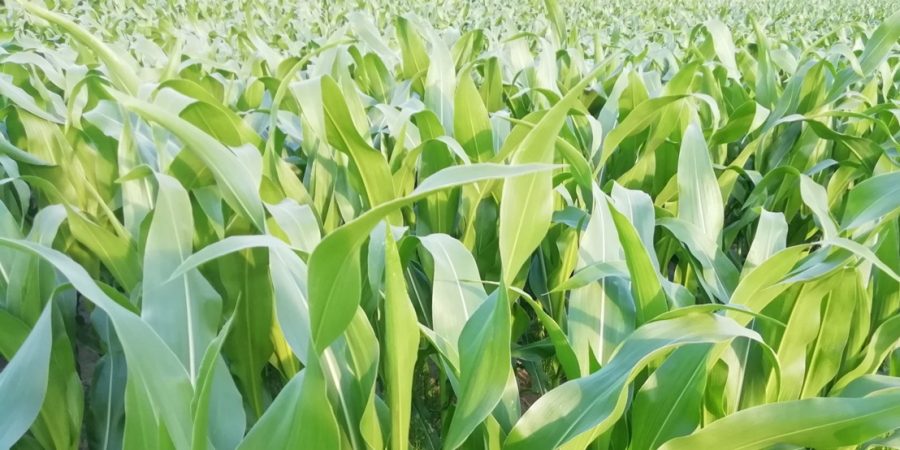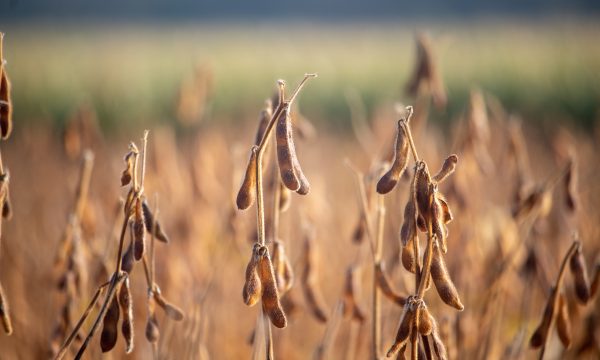Project news Applications submitted for new field trials of genome-edited maize

In early January, VIB submitted applications to conduct 3 field trials of genome-edited maize. Observations in the greenhouse showed that the modified plants were more resistant to climate stress or easier to digest. VIB now wants to confirm the findings in real cultivation conditions in cooperation with ILVO.
Climate-resistant maize for more sustainable agriculture
One of the consequences of climate change is global warming where we more frequently experience periods of sustained heat waves, droughts and other extreme weather patterns. Prof. Hilde Nelissen's research group aims to make maize resistant to prolonged drought. When plants experience drought, the hereditary material - the DNA - folds into a compact shape, pausing growth. Prof. Nelissen and her team have found that turning off a structural component that helps determine the folding of DNA leads to a less compact and therefore more active form of the DNA. As a result, maize plants in the greenhouse grow better when they experience drought. A field trial must now show whether the modification also benefits growth and yield under varying weather conditions (field trial #1).
Sustained periods of heat, increased exposure to UV rays and pollution with metals all cause DNA damage to plants. In response to DNA damage, the plant slows the cell cycle - the process by which plant cells grow larger and then divide. Since plant growth is a direct result of growing cells, chronic DNA stress leads to smaller plants and reduced yield. The team of Prof. Lieven De Veylder wants to test in their field trial whether the absence of a negative regulator of the cell cycle makes maize plants more resistant to DNA damage related to environmental stress (field trial #2). Experiments in the greenhouse already showed that the modified maize grew significantly better compared to unmodified plants when exposed to environmental stresses that induce DNA damage.
Better digestibility of maize
In addition to developing climate-resistant crops, plants with better digestibility and plant-based products can also contribute to a more sustainable society. After all, higher feed conversion means that pigs and cattle would get by on less feed. Using plants to produce bioethanol and biodegradable detergents and plastics reduces our dependence on fossil resources such as oil. Both types of applications require the most efficient extraction of sugars from the cell wall of plants. The cell wall is a complex structure with lignin, cellulose and hemicellulose as the main components. The sugars are extracted from the cellulose and hemicellulose, but the lignin - aka the adhesive that holds the cellulose and hemicellulose fibers together - complicates their extraction. Among other things, the lab led by Prof. Wout Boerjan is investigating whether they can generate plants with reduced lignin content in their cell walls to make the sugars more accessible. After successful results in poplar, Prof. Boerjan is now working with French seed company Limagrain to obtain more easily digested maize plants using the same approach. The planned field trial (field trial number 3) will determine whether maize plants with reduced lignin content also perform well in the field and whether the reduction is not accompanied by undesirable negative effects such as increased susceptibility to tipping over in strong winds.
All three field trials will be conducted at ILVO, as part of the ILVO-VIB strategic research collaboration.


